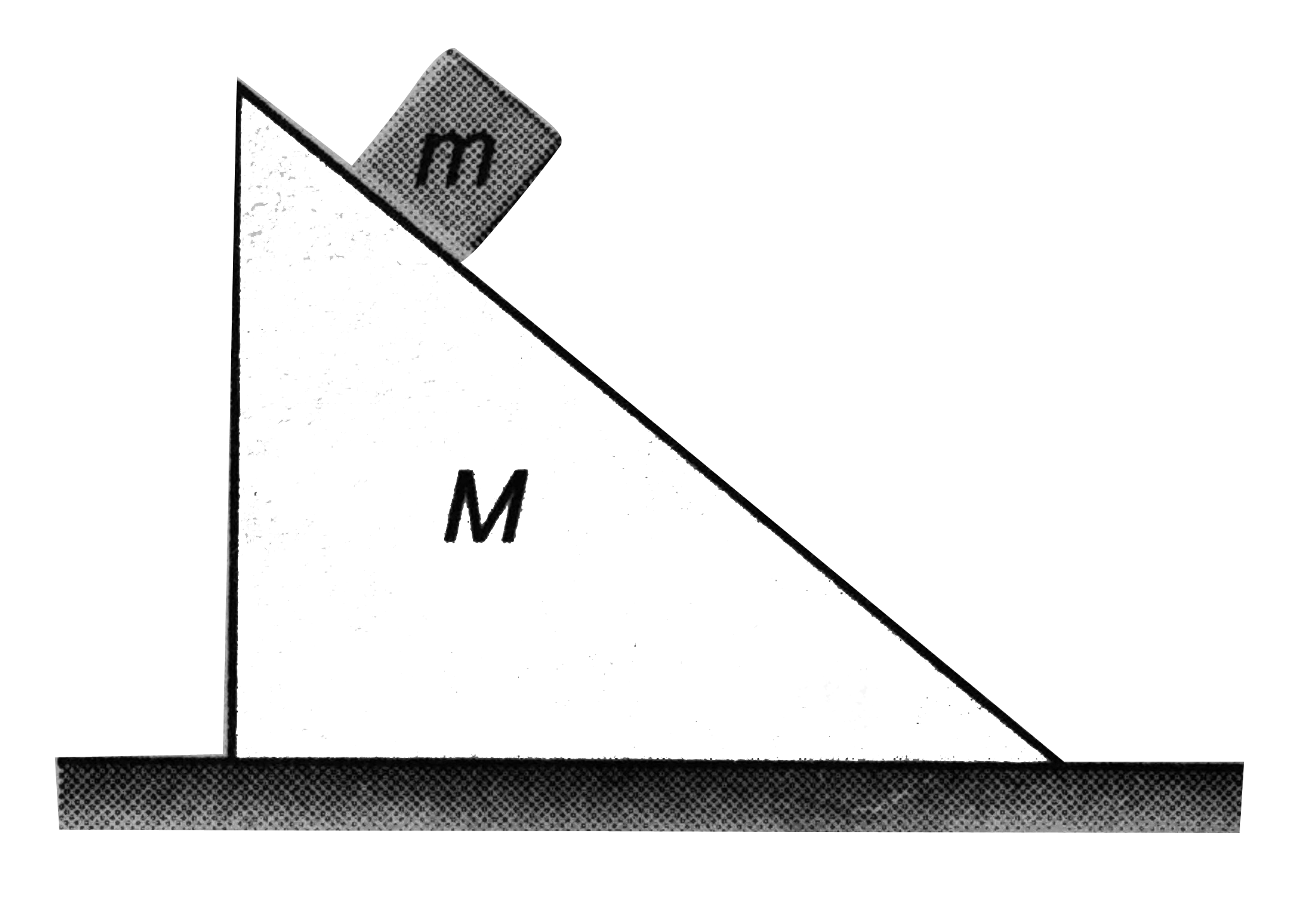Mass varies from place to place but weight does not.
The correct Answer is:F
Step-by-Step Solution:
1. Understanding Mass and Weight:
- Mass is a measure of the amount of matter in an object and is constant regardless of location. It is measured in kilograms (kg).
- Weight is the force exerted by gravity on an object and can change depending on the gravitational pull at different locations. It is measured in newtons (N).
2. Formula for Weight:
- The weight (W) of an object can be calculated using the formula:
W=m×g
where:
- W is the weight,
- m is the mass of the object,
- g is the acceleration due to gravity.
3. Variation of Acceleration due to Gravity:
- The value of g (acceleration due to gravity) varies based on the location (for example, it is approximately 9.81 m/s² on the surface of the Earth but can be different on other planets or at different altitudes on Earth).
4. Conclusion:
- Since mass remains constant (it does not change with location), but weight depends on the value of g which varies from place to place, the statement "Mass varies from place to place but weight does not" is false.
Final Answer:
The statement is false because mass is constant everywhere, while weight changes with the variation in gravitational acceleration at different locations.
---
- Mass is a measure of the amount of matter in an object and is constant regardless of location. It is measured in kilograms (kg).
- Weight is the force exerted by gravity on an object and can change depending on the gravitational pull at different locations. It is measured in newtons (N).
- The weight (W) of an object can be calculated using the formula:
W=m×g
where:
- W is the weight,
- m is the mass of the object,
- g is the acceleration due to gravity.
- The value of g (acceleration due to gravity) varies based on the location (for example, it is approximately 9.81 m/s² on the surface of the Earth but can be different on other planets or at different altitudes on Earth).
- Since mass remains constant (it does not change with location), but weight depends on the value of g which varies from place to place, the statement "Mass varies from place to place but weight does not" is false.
The statement is false because mass is constant everywhere, while weight changes with the variation in gravitational acceleration at different locations.
Topper's Solved these Questions
- MOTIONBOOK - ICSECHAPTER - MOTIONEXERCISE - TEST YOURSELF (FILL IN THE BLANKS)
7 Videos
- MOTIONBOOK - ICSECHAPTER - MOTIONEXERCISE - TEST YOURSELF (MATCH THE COLUMN)
1 Videos
- MOTIONBOOK - ICSECHAPTER - MOTIONEXERCISE - TEST YOURSELF (NUMERICAL)
13 Videos
- MODEL TEST PAPER 2BOOK - ICSECHAPTER - MODEL TEST PAPER 2EXERCISE - SECTION II
40 Videos
- PHYSICAL QUANTITIES AND MEASUREMENTBOOK - ICSECHAPTER - PHYSICAL QUANTITIES AND MEASUREMENTEXERCISE - EXERCISE PICTURE STUDY
3 Videos
Similar Questions
The percentage by volume of oxygen in air is variable from place to place.
View SolutionAssertion: The mass of a substance is constant whereas its weight may vary from one place to another.
Reason : Mass of a substance is the amount of matter present in it while weight is the force exerted by gravity on an object.
View SolutionA canal is 412 kms from a place and the shortest route from this place to the cenal is exactly north-east. A village is 3 kms north and 4 kms east from the place. Does it lie on canal?
View SolutionA straight canal is 412miles from a place and the shortest route from this place to the canal is exactly north-east. A village is 3miles north and four miles east from the place. Does it lie by the nearest edge of the canal?
View SolutionA straight canal is 412miles from a place and the shortest route from this place to the canal is exactly north-east. A village is 3miles north and four miles east from the place. Does it lie by the nearest edge of the canal?
View SolutionDinesh went from place A to place B and from there to place C. A is 7.5 km from B and B is 12.7 km from C. Ayub went from place A to placeD and from there to place C. D is 9.3 km from A and C is 11.8 km from D. Who travelled more and by how much?
View SolutionA block of mass m is placed at rest on a smooth wedge of mass M placed at rest on a smooth horizontal surface. As the system is released

View SolutionHow does the weight of an object vary with respect to mass and radius of the earth. In a hypothetical case, if the diameter of the earth becomes half of its present value and its ,mass becomes four times of its present value, then how would the weight of any object on the surface of the earth be affected?
View SolutionWhy cannot fertilisation take place in flowers if pollination does not occur?
View SolutionWhich does not take place in short day plants ?
View Solution
